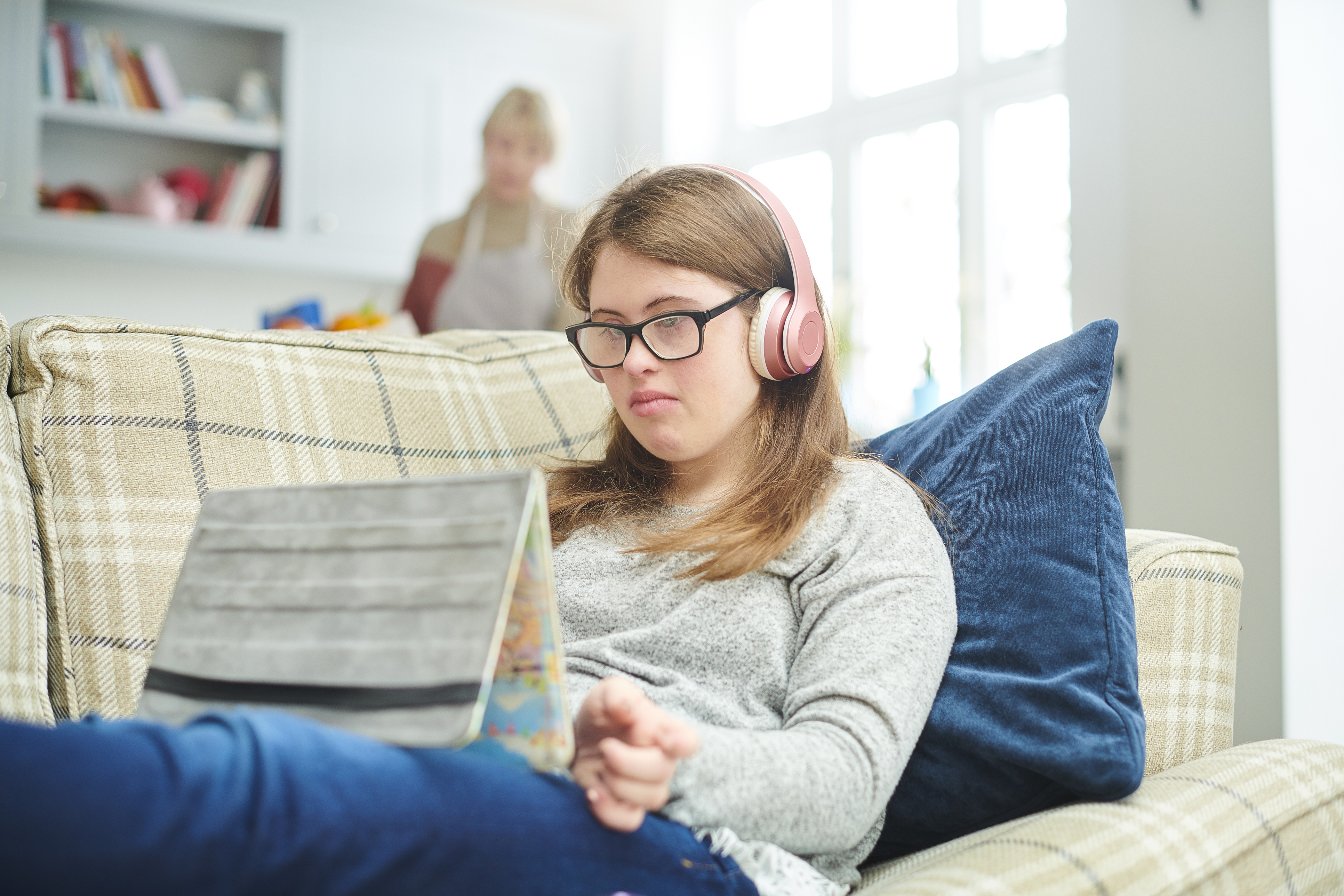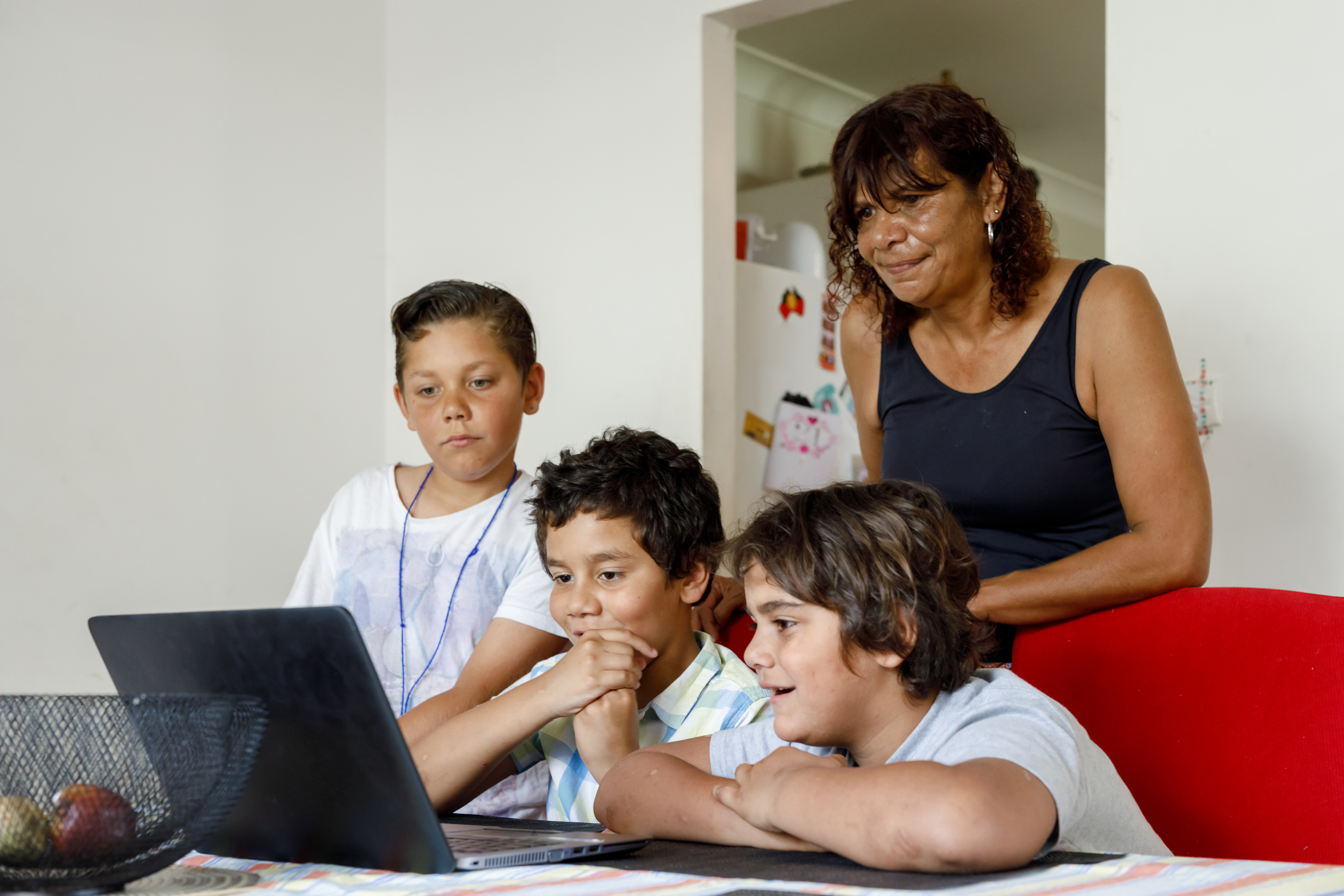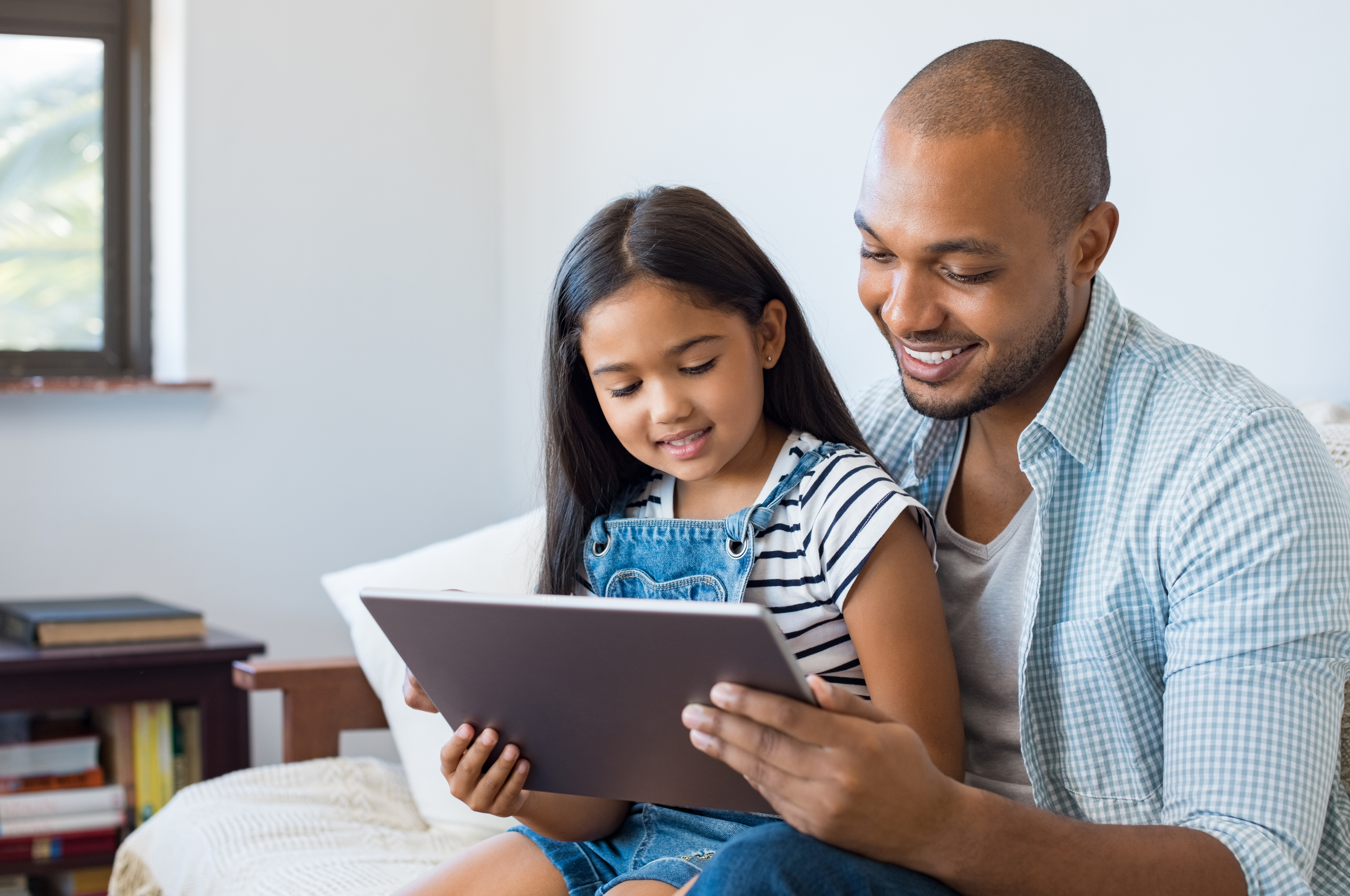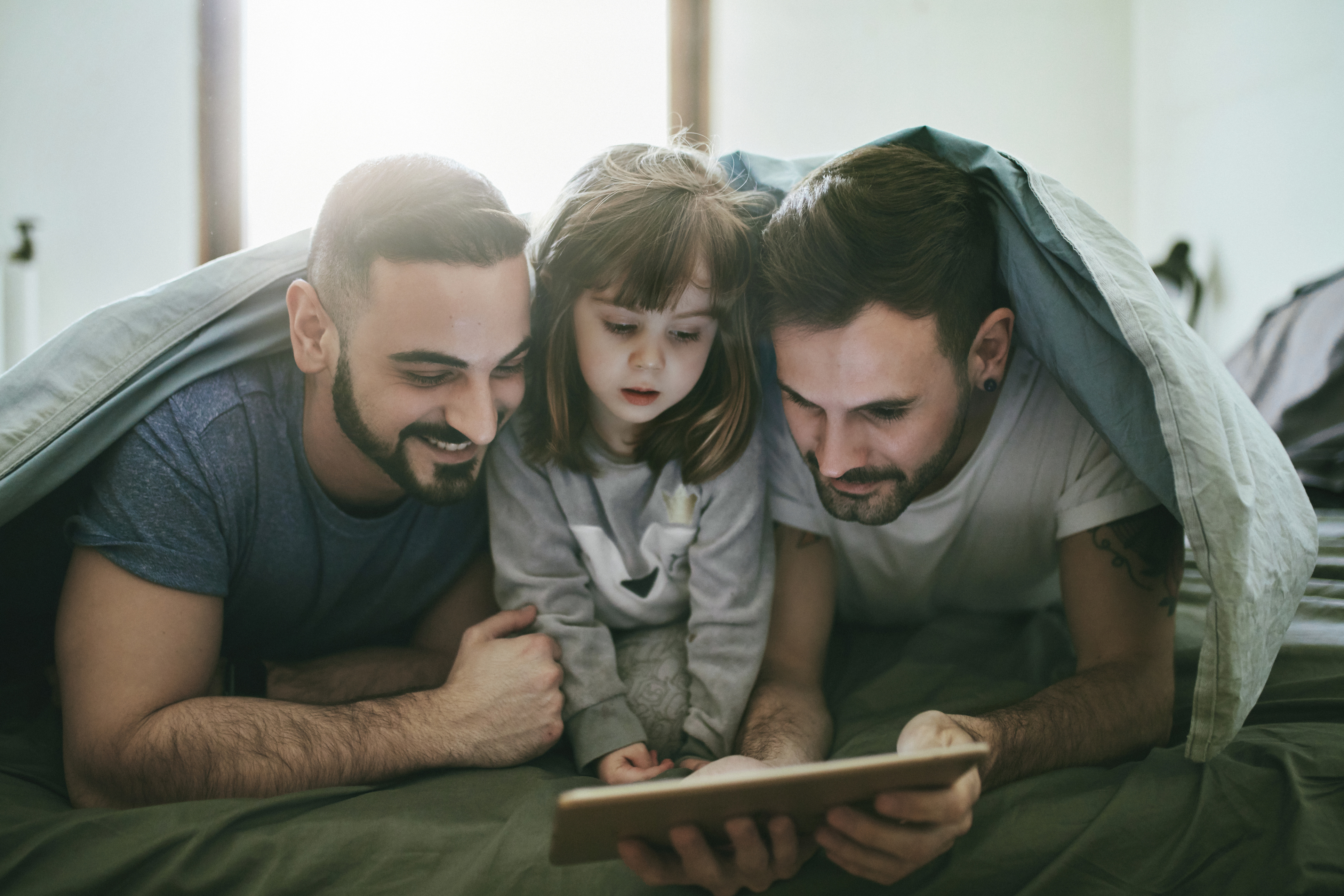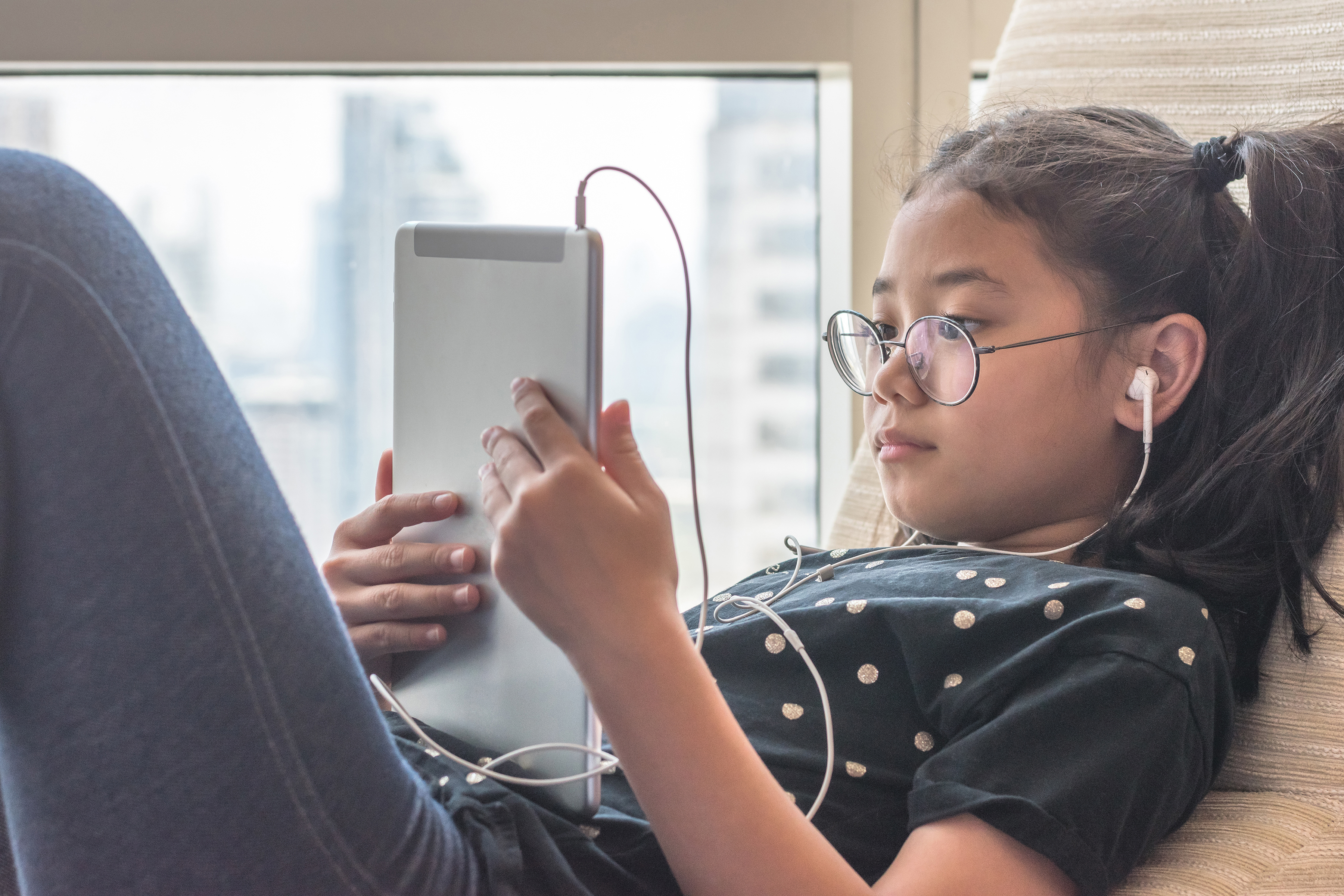Advice secondary menu
Supervising your child online
What you need to know
One of the most important habits to prevent online child sexual exploitation is online supervision or regular oversight of your child’s online activities.
Online child sexual exploitation can happen if your child is using the internet alone or without supervision. This includes the potential for sharing self-generated child abuse material, online grooming and engaging with offenders.
Supervision or oversight can be different for different families. It can also be different depending on your child’s age and what they do online.
Supervision can involve:
- Sitting with your child while they’re using a connected device
- Being in the same room as your child while they’re using a connected device
- Monitoring audio chat during online games by ensuring this is played through speakers
- Being engaged in your child’s online activities through regular conversations
- Using software to monitor your child’s device use.
Supervision is not only critical to prevent an incident occurring, but can also be a way for you to quickly take action if something goes wrong.
Advice for parents and carers
What can I do?
- You should always supervise children in this age group.
It’s never too early to start teaching young children about technology and online safety. The early learning resource Playing IT Safe can help you do this.
Playing IT Safe is a free resource developed for prior to school aged children. It’s an introduction to digital technology and online safety education and includes a series of play-based activities that children can undertake in early learning environments with educators, and at home with parents and carers.
You can access Playing IT Safe at http://www.playingitsafe.org.au
What can I do?
- Know when and where your child is using a connected device
- Encourage your child to ask permission before using a connected device
- Research what technical options, such as parental controls, are suitable for your family.
If your child is using a connected device, they may access content or have interactions that you may not always know about.
Constant supervision is recommended for this age group so that you have full oversight of the types of apps or games they’re using and whether they’re interacting with other people.
Your child should understand the importance of asking for your permission before using a device. This will also help you know when they’re online.
You may also set expectations around your child’s device use at home, which can include restricting connected devices to family areas such as the kitchen or living room.
Our Family Online Safety Contract can help you have discussions with your child about their device use and manage supervision at home.
What can I do?
- Have oversight of your child’s online activities
- Have open and non-judgemental conversations about online challenges, such as privacy, image sharing and online interactions
- Be approachable and encourage your child to always come to you for help.
Your level of supervision or oversight may vary across this age group, however you should always stay in touch with what your child’s doing online.
Being engaged in your child’s online activities and knowing the types of things are doing online can help you to prevent and manage challenges.
You may not always be able to supervise your child all the time. This might be the case if your child is using a portable device or using their device in different environments, where supervision may be limited.
Older children may also want to use their device independently and want more privacy around their relationships and online interactions.
Encourage your child to recognise safe or unsafe situations and inappropriate contact. This can empower them to make informed decisions, including when they’re in unsupervised environments.
Our Family Online Safety Contract can also help with starting discussions to set boundaries and expectations at home.
